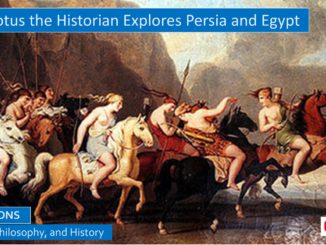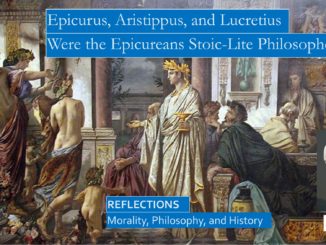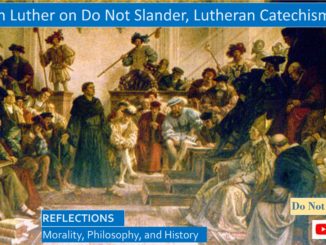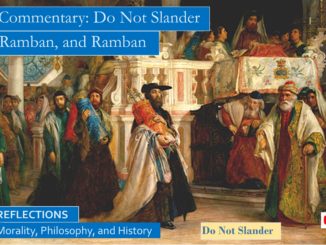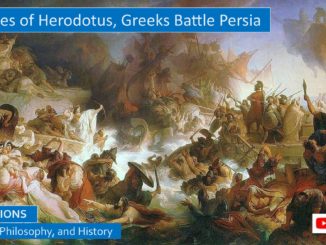
Histories of Herodotus, The Greco-Persian Wars
Herodotus tells us in his first paragraph that he wrote his Histories “so that human achievements may not be forgotten in time, and great and marvelous deeds, some displayed by Greeks, some by barbarians, may not be without their glory; and especially to show why the two peoples fought with each other. […]

